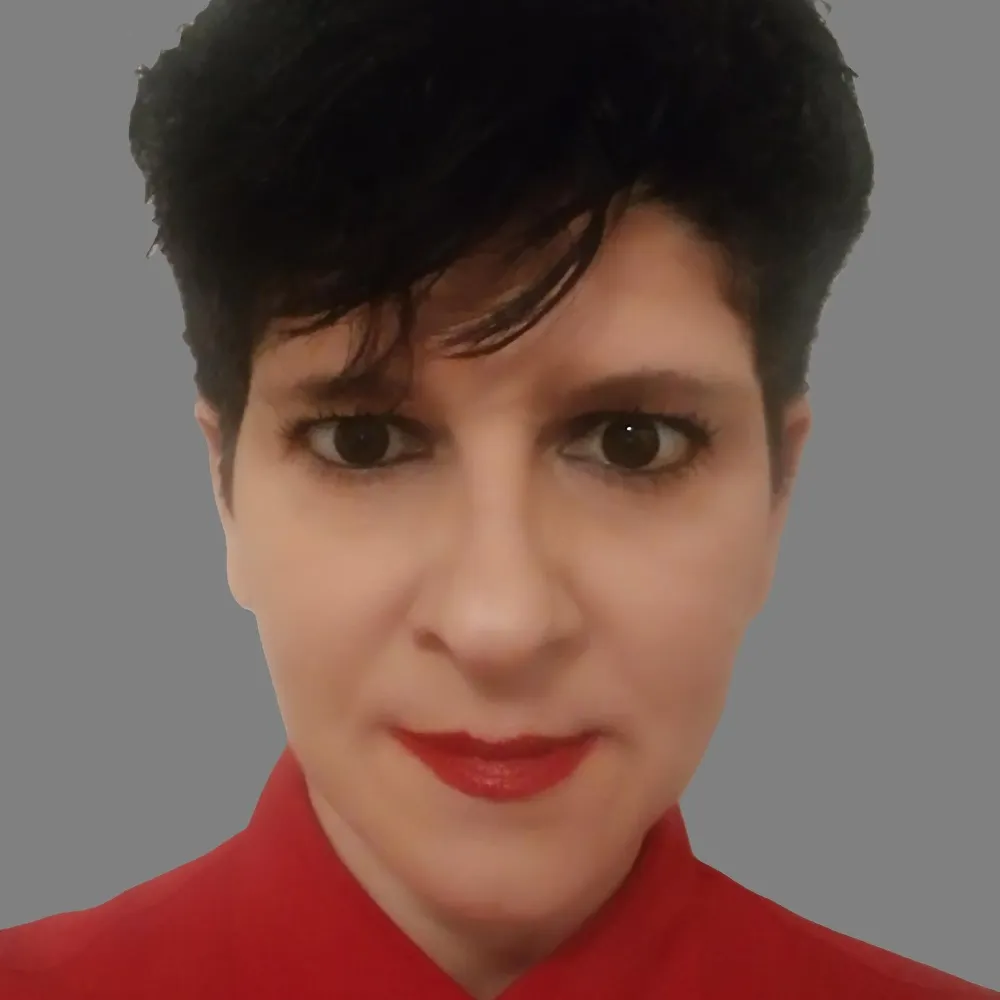The Bennington Young Writers Awards: Advice on How to Win the Competition


Do you consider yourself a young writer aiming to become a professional writer and storyteller? Then, the Bennington Young Writers Award might just be meant for you. This is a contest hosted by Bennington College every year (from September 1 to November 1) and is aimed at aspiring poets, fiction and nonfiction writers who still attend high school.
Winning this award gives you more than just a confidence boost; it will enhance your college applications as well as provide training in writing for a wider audience.
There are three categories in the Bennington Young Writers Awards: poetry, fiction, and creative non-fiction.Each category lets students practice different literary genres and styles and allows them to develop their own voices.
Participants must be high school students in grades 9 through to 12. Registration is free and students are asked to submit in only one category. For Poetry,they are required to write 3 poems; for Fiction, a piece of no more than 1,500 words; for Nonfiction, an academic or personal essay of no more than 1500 words. All entries must be endorsed and reviewed by a high school sponsor teacher who may be contacted by the judges should they have questions.
The Bennington Young Writers Poetry Award offers cash prizes to winners as well as b scholarships to Bennington College for those who wish to pursue their studies there. Winning entries will be published on the College website and may even appear in local newspapers and magazines
Visit the Bennington College website to submit your entry and check current prizes.
For those who wish to enter the Bennington Young Writers Awards competition, here’s how to stand out.
One key element when competing in the Bennington Young Writers Award competition is choosing the right category. What comes to your mind when you think of your writing style and preferred literary works? If your strength lies in the use of vivid imagery and the depiction of emotions, then poetry may be the area for you.
However, if you’re interested in compelling subplots and inventing characters, then you may enjoy Fiction. If you know how to make the presentation of facts interesting, then Nonfiction may be the best choice. To gauge the best fit, think about previous feedback on your work and select the category with the most positive review.
The Bennington Young Writers Poetry Award requires you to submit something original, interesting and organized. Make sure that you create a strong story or plausible claim upheld by well-written and powerful images (for fiction and poetry) and reputable sources (for nonfiction).
Whether you are writing fiction or nonfiction, always start with a ‘hook’ that will make the reader want to read the next paragraphs. Create the characters in the reader’s mind using the principle of “show, do not tell”. For academic essays, be as brief as possible and remove words that do not add any value to the writing.
Make sure to review your work and proofread it several times to minimize mistakes.Though editing and proofreading seem quite simple, it is important to take note of the following.
Writing is a demanding activity, Therefore, it is important to take regular breaks from the page and the screen. It may help to do something that does not involve any writing, such as listening to music or going for a walk.
When writing proves difficult, consider breaking down the writing process into smaller chunks and to create an outline of what you want to cover. If you are writing nonfiction, it may be useful to do more research and look for new ideas to include in your piece .
The Bennington Young Writers Awards can be a powerful springboard for aspiring writers who are in high school. If you want to succeed in your writing competitions, you can also find a mentor who can help you guide and give feedback along the way. Most of the competitions will allow students to have mentors as long as the work and ideas are originally from the students.
Indigo Research can provide you with mentors from top universities who can help you with research and guide you in your essays, whether you are applying for a writing contest or publishing in high school journals. Join our online high school student mentorship program and start early planning for the next essay you will write and submit to writing competitions.



If you are interested in writing, consider doing research. Conducting research will help you learn to support your argument, incorporate facts & analyze data. Our experienced mentors will guide you throughout the process, whatever your passion is!
.png)
If you are interested in writing, consider doing research. Conducting research will help you learn to support your argument, incorporate facts & analyze data. Our experienced mentors will guide you throughout the process, whatever your passion is!